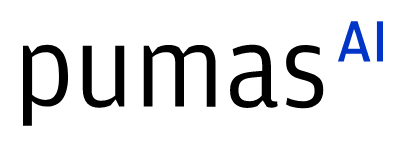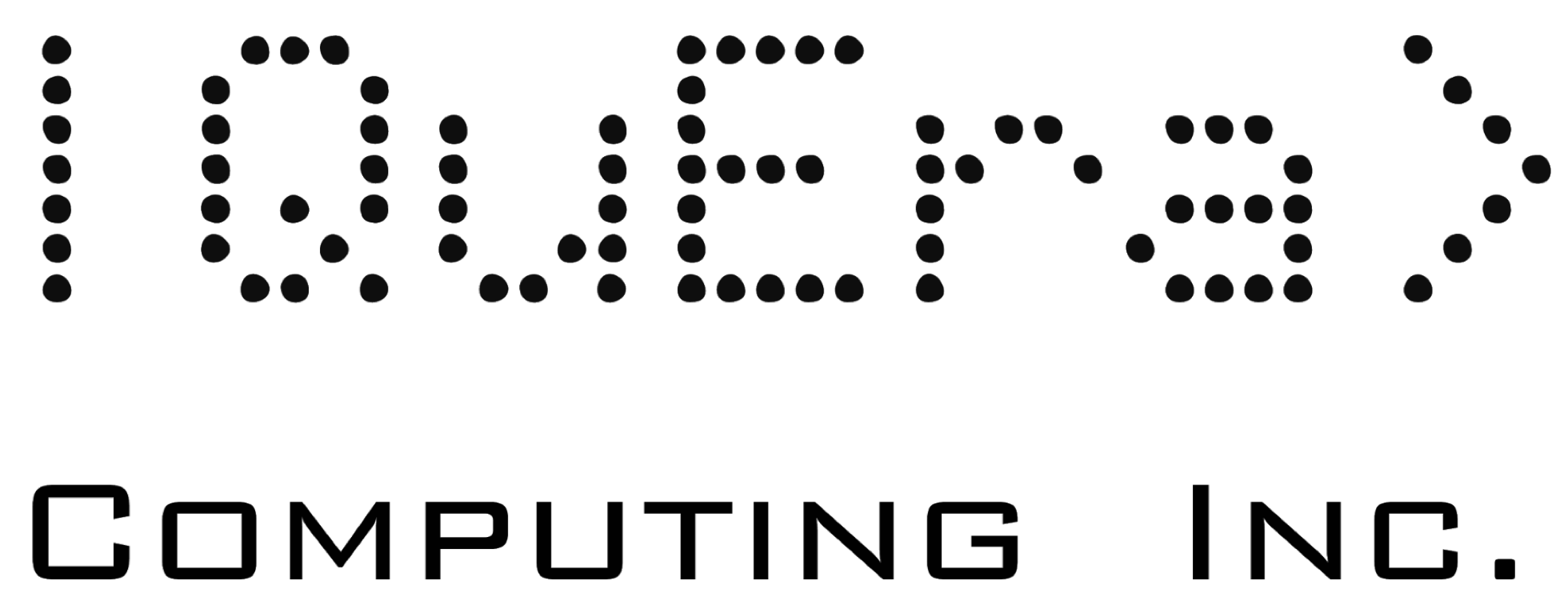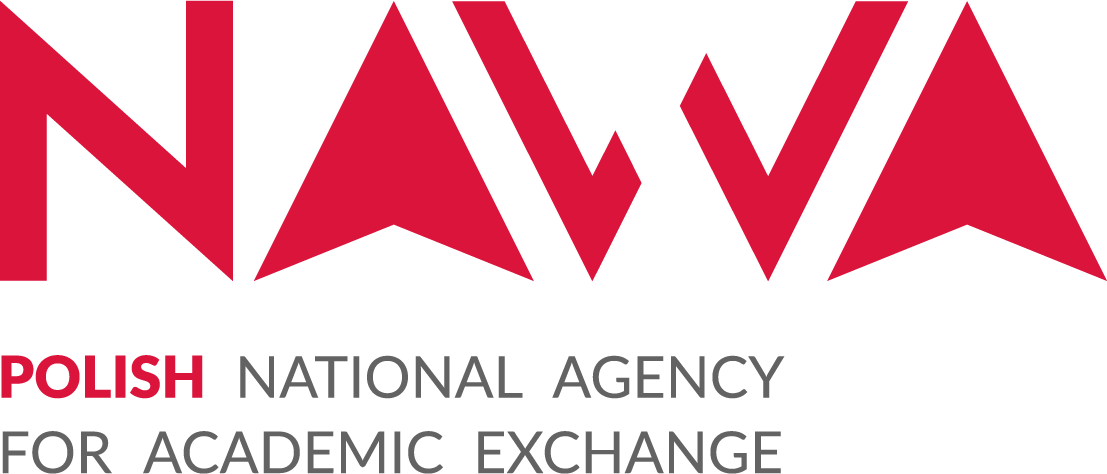Solving for student success with CurricularAnalytics.jl
Abstract:
In this talk, we introduce CurricularAnalytics.jl, a package for studying and analyzing academic program curricula. By representing curricula as graphs, we utilize various graph-theoretic measures to quantify the complexity of curricula. In addition to analyzing curricular complexity, the toolbox supports the ability to visualize curricula, create optimal degree plans for completing curricula, and simulate the impact of various events on student progression through a curriculum.
Description:
The Curricular Analytics toolbox is designed to support meaningful interaction between the academic core and administrative shell of an institution. It also serves as a tool for researchers to easily investigate research questions around curricular design and for faculty to examine alternative curricular pathways. The toolbox is currently at the center of a three-year project in collaboration with the Association for Undergraduate Education at Research Universities (UERU), formerly the Reinvention Collaborative, and funded by the Ascendium Education Group, which seeks to validate the relationship between curricular complexity and student success.
We first introduce the curricular analytics framework, which we've implemented in Julia, and involves decomposing curricular complexity into two independent parts: instructional complexity and structural complexity. The toolbox also allows for simulating student progression through various curricula adjusting for both measures of complexity. Additionally, we demonstrate the one-to-many relationship between curricula and degree plans and examine why some plans might be better than others. This includes highlighting the degree plan optimization capabilities we've developed, and how this relates to transfer articulation between institutions and the associated equity implications of the transfer process.
Finally, we speak to the broader social implications of the toolbox and how it may inform a broader, more comprehensive, causal model of student success. Specifically, how may the tool guide change management within institutions, and can it empower faculty in their ownership of the curriculum?
Platinum sponsors

Gold sponsors

Silver sponsors




Bronze sponsors



Academic partners

Local partners

Fiscal Sponsor
